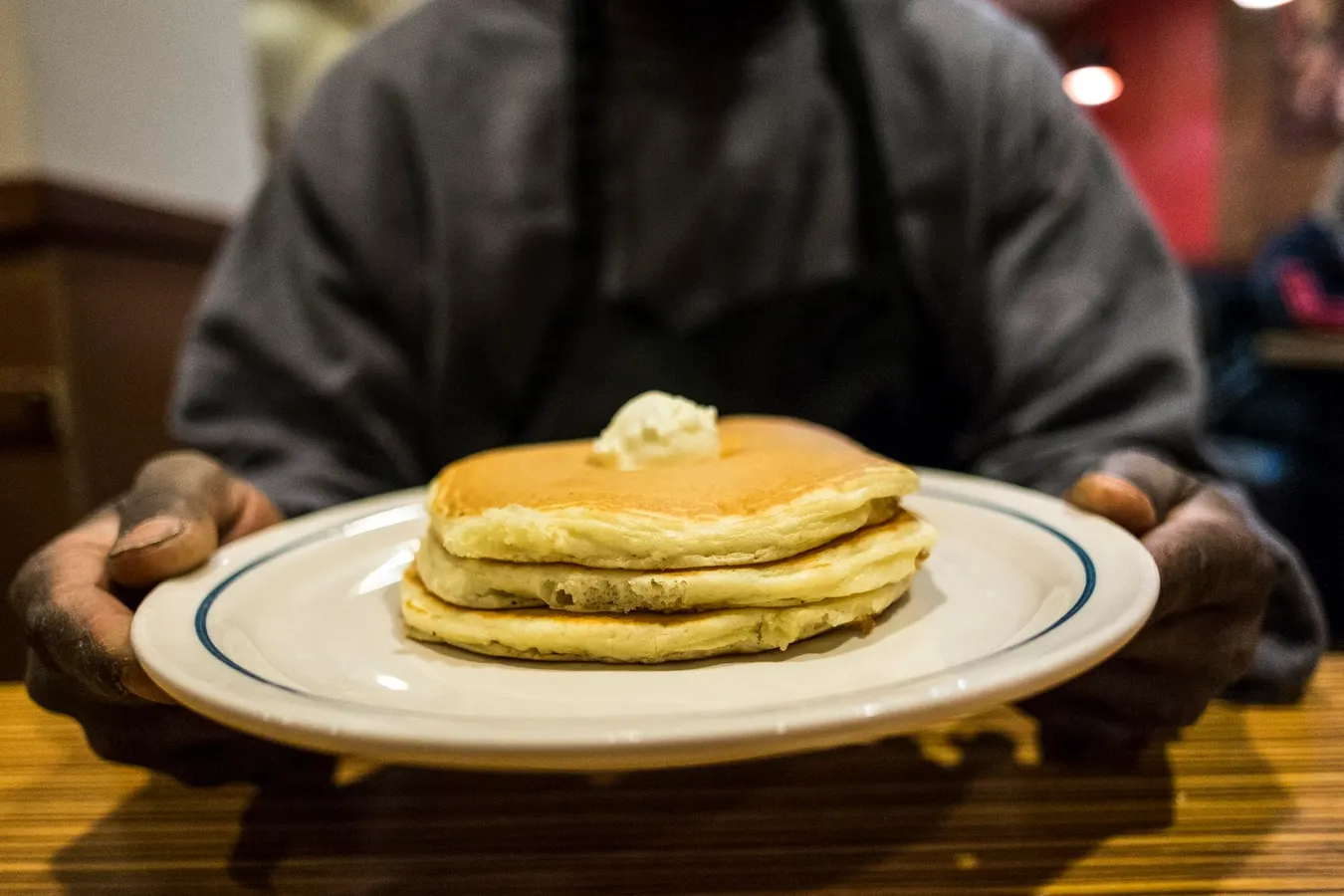Copyright Forbes

On October 28, Dine Brands CEO John Peyton sent an internal email to franchisees, the operators behind Applebee’s, IHOP, and Fuzzy’s Taco Shop, asking them not to speak with “outside parties such as analysts, media, or investors.” It was meant to be a lesson about privacy, but operators who were already upset with poor execution and silence from the top didn't like it. Franchisees are now being told to route every question through corporate; at the same time, the company has erased more than $600 million in shareholder value since 2021. It reads like policy, but it feels like panic. The message is clear: leadership is more focused on appearances than performance. A Message That Reveals the Truth: How Dine Brands Lost Its Way Peyton’s note read: “As we continue to grow, you may hear from outside parties such as analysts, media, or investors seeking information about future plans. Please remember that any Dine business information…is confidential.” At first glance, that sounds ordinary. For franchisees, it felt like a muzzle. These are independent operators who invest their capital, time, and reputation into Dine’s ecosystem. Transparency between management, franchisees, and investors is what keeps the model alive. When leadership begins to limit that communication, it often reflects strain, not confidence. MORE FOR YOU Several franchisees I’ve spoken with describe that strain clearly. Costs are rising. Support has weakened. Morale is low. Instead of collaboration, there is distance. The October memo might not have been intended to silence anyone, but it reinforced the idea that corporate would rather manage the narrative than confront reality. How Dine Brands Built A Record Of Avoidance Instead Of Accountability Since John Peyton took the helm in 2021, Dine Brands’ total shareholder return has fallen around 70 percent. Peers like Darden and Brinker have moved higher. Debt now sits five times above EBITDA. Traffic at both Applebee’s and IHOP continues to lag. Dividends remain untouched, even as leverage builds. This is not a pandemic story. It is a leadership story. Decisions have favored appearances over performance. The board, averaging nine years of tenure, has allowed it to happen. Most board directors lack operational or turnaround experience, and executive pay poorly reflects results. The governance structure, not the market, has become the constraint. When results deteriorate, communication should be open. Silence from the top only deepens decline. Dine Brands Forgot Why Franchisees Matter Franchisees are not a constituency. They are the business. They operate at the forefront, where cost, customer, and profitability intersect. When they lose trust, the system weakens. Across Applebee’s and IHOP, operators have asked for the basics: modern kitchen technology, simplified menus, and clear performance tracking. Instead, they have encountered delays, inconsistencies, and corporate distance. Applebee’s same-store sales trail the industry. IHOP’s breakfast boom has faded while competitors advanced through tech and throughput improvements. The October memo did more than restrict speech. It cut off insight. Franchisees are the early warning system. When management stops listening, small problems turn structural. Governance Is The Real Issue Dine’s problem is no longer about pancakes or burgers. It is about governance. Strong boards challenge leadership and protect shareholder capital. Weak boards defend underperformance. Dine’s recent actions show the latter. The communication clampdown is a symptom of a more profound issue: a board fatigued by accountability. The cure starts with three basic steps: Board renewal – Add independent directors with operating and capital allocation expertise. Accountability—Link executive compensation directly to traffic growth, franchise satisfaction, and debt reduction. Transparency—Disclose franchisee satisfaction and operational metrics annually. These are not activist demands. They are the foundation of sound corporate governance. Lessons From Others There is precedent. In 2014, Darden Restaurants ignored shareholder warnings until a board refresh triggered one of the most successful restaurant turnarounds of the decade. Brinker International followed a similar path, tightening costs and restoring credibility. In each case, the turnaround started when management began to listen. Dine Brands can do the same, but only if its board and CEO are willing to engage with the people who know the business best. How Silence At Dine Brands Is Costing More Than Just Value Numbers matter, but trust matters more. When franchisees feel ignored, performance follows sentiment down. Applebee’s built its brand on the idea of the neighborhood. Today, that spirit is missing. You cannot rebuild external loyalty while eroding internal trust. Great companies invite scrutiny because they know results will defend them. Struggling ones build walls of communication to protect narratives that no longer match performance. The Fix At Dine Brands The way forward is not complicated. Dine Brands needs accountability, transparency, and operational focus. With the right leadership, margins could recover to 18 percent and leverage could fall below four times EBITDA within two years. Applebee’s and IHOP remain strong brands. What is missing is credible stewardship. At fixdinebrands.com, we have outlined a constructive plan that restores alignment between shareholders, franchisees, and management. It is time to move from managing perception to managing performance. The Takeaway When a CEO instructs operators to stay quiet, it is rarely about confidentiality. It is about control. Dine Brands does not have a communications issue. It has a credibility issue. The memo on October 28 sent a clear signal: stop talking. What shareholders heard was louder; stop listening.



